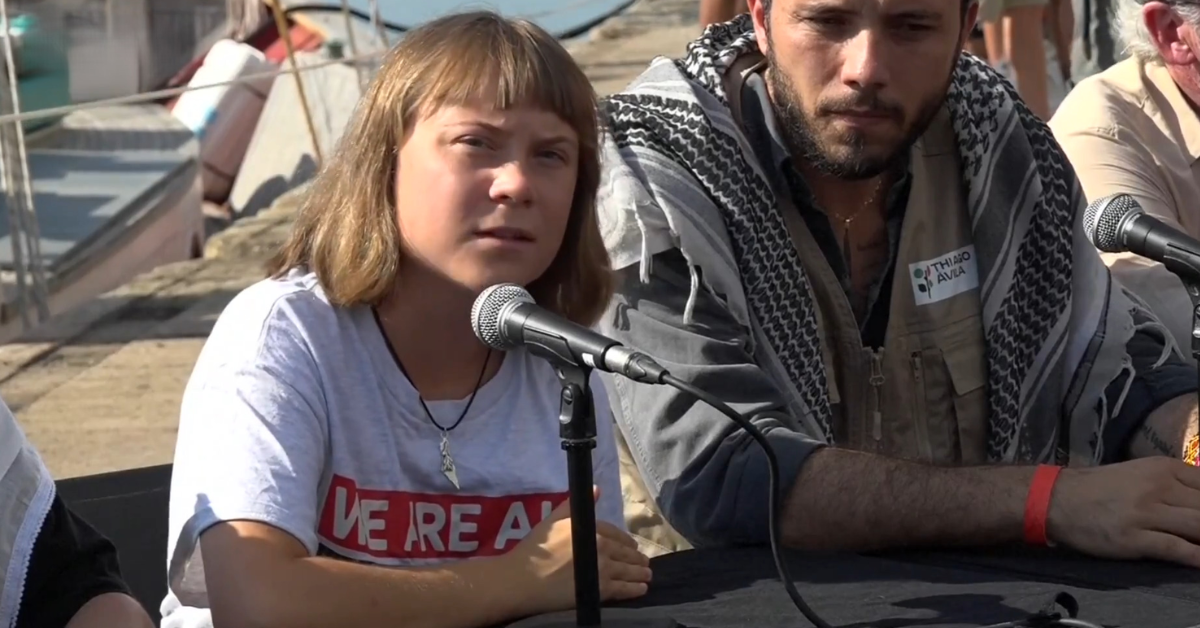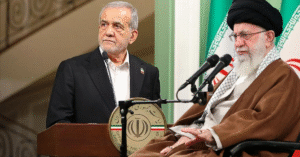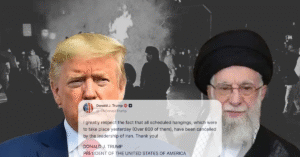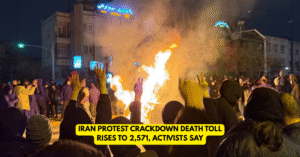Middle East — In a raise-the-stakes moment of political drama, Israel is reportedly preparing to hold climate activist Greta Thunberg in what officials are calling “terror conditions” should she and other activists succeed in sailing their flotilla to Gaza.
Thunberg is among the hundreds embarking on the largest-ever humanitarian convoy—the Global Sumud Flotilla—set to break Israel’s naval blockade and deliver aid to Gaza. Departing from Barcelona and planned to include stopovers across the Mediterranean, the mission brings together prominent voices like former Barcelona mayor Ada Colau and actor Liam Cunningham—all calling attention to the deepening humanitarian crisis in Gaza.
Israel, however, is drawing a hard line. National Security Minister Itamar Ben-Gvir has reportedly crafted a forceful plan for intercepting flotilla participants, including prolonged detention at high-security facilities like Ktzi’ot for men, and Damon for women—keys devoid of comforts, such as television and regular meals, in a detainment model reminiscent of terror-related incarceration.
Security authorities are also reportedly considering the seizure of flotilla vessels, repurposing them for maritime policing duties—adding another layer of containment beyond the individuals onboard.
This marks a firm shift from earlier approaches, when intercepted activists were swiftly deported. This time, Israel seems intent on creating a strong deterrent message: raise the bar, treat the attempt not merely as a breach of blockade but as a security threat.
For many aboard the convoy—some on their second such journey—this is more than a voyage; it’s a moral stand. Thunberg, who was detained and deported during a similar mission in June, remains undeterred. As she and others confront rising risks, they continue to press global audiences to recognize that advocacy for Gaza isn’t political theater—it’s a plea for law and humanitarian principles they say can no longer be ignored.






